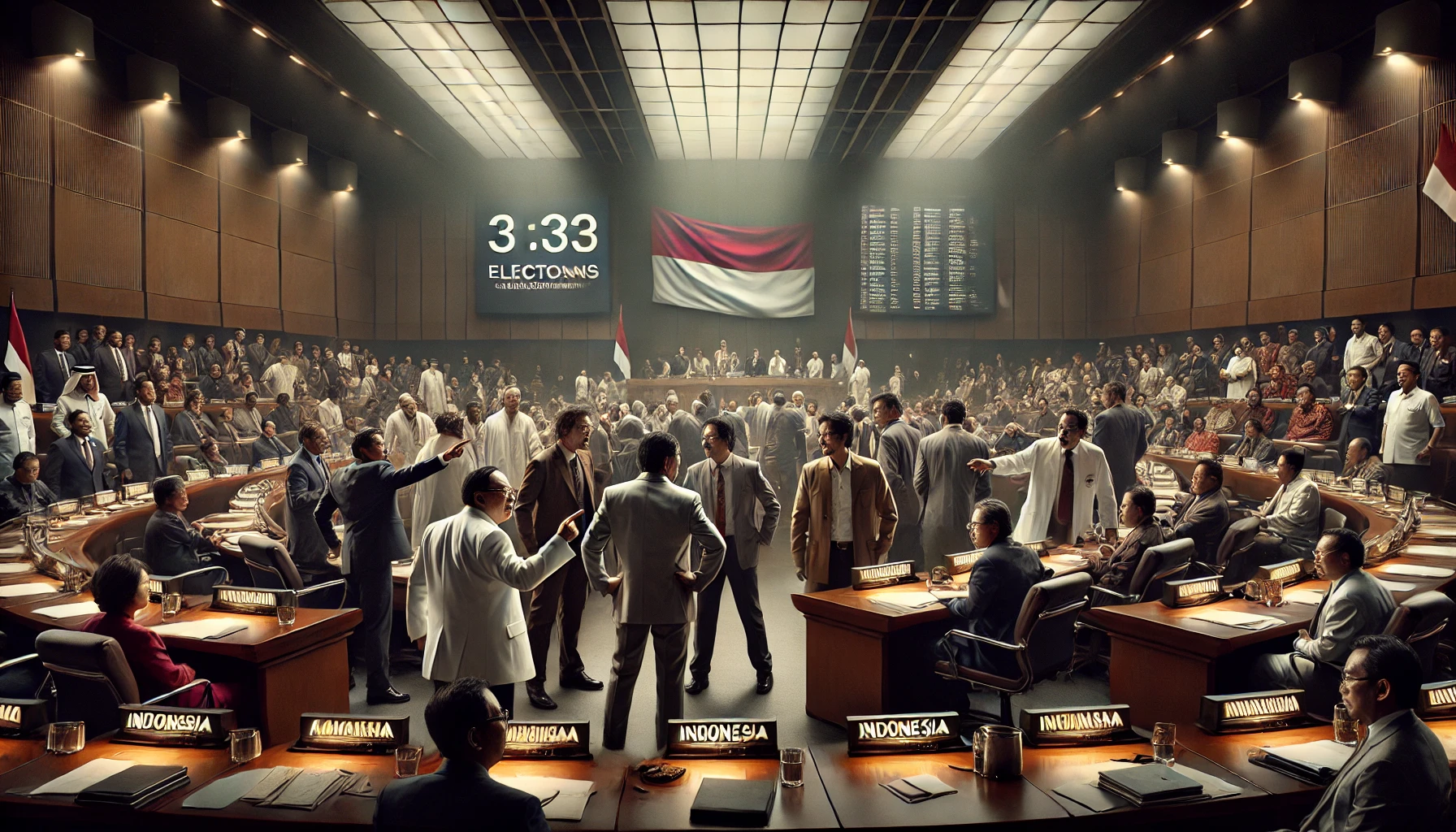The speaker of the upper house of Indonesia says that it is necessary to discuss ways to delay the elections.

On Wednesday, the speaker of the upper house of the Indonesian parliament, Bambang Soesatyo, noted that it is important to discuss the possibility of postponing elections in case of crisis situations, as well as to restore the status of the legislative body as the highest authority in the country.ExpertsThey emphasize that the return of this chamber to its previous role could mean the end of the system of direct presidential elections. Currently, there are no clear norms in Indonesia that allow for the postponement of elections, and some political figures are calling for a constitutional amendment to provide for such a possibility in emergency situations.
Indonesia, the third largest democracy in the world, will hold general elections on February 14 next year, during which a successor to President Joko Widodo will be elected, as his second and final term comes to an end. "How can we organize elections in the event of unexpected events such as major natural disasters, wars, uprisings, or pandemics?" said Bambang in his annual address ahead of the country's Independence Day. "This issue requires our attention and joint discussion."
Ongoing discussions among politicians about the possibility of postponing elections are sparking intense debates in Indonesia, where rumors occasionally arise about maneuvers by the president's supporters who seek to keep him in office after the end of his second term to complete his economic initiatives. President Jokowi, as he is often called, has repeatedly denied rumors of any intention to extend his term.
Last week, the parliament approved a plan to amend the constitution to allow for the postponement of elections in case of an emergency, but only after the 2024 elections.
5 May 2025
14 May 2025
ExpertsIn the field of law and elections, concerns were expressed regarding this issue, emphasizing that such an initiative could give the upper house the power to cancel direct elections. During the authoritarian rule of President Suharto, the upper house was the highest state authority and the only body that appointed the president. It was only in 2004 that Indonesians voted for the president in direct elections for the first time.
Lawyers and activists had previously argued that any attempts to postpone elections in order to extend the presidential term could undermine the democratic gains made after Suharto's fall in 1998.
Comment
Popular Posts
Popular Offers

Subscribe to the newsletter from Hatamatata.com!
Subscribe to the newsletter from Hatamatata.com!
I agree to the processing of personal data and confidentiality rules of Hatamatata





